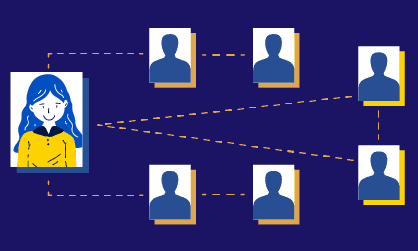Coding teaches skills that benefit everyone
Coding initiative could improve education and technological readiness, fostering innovation and thus helping Thailand move towards becoming an innovation-driven country.
Statistics
The data contained in this report are drawn from 26 million U.S. online job postings collected in 2015 and have been analyzed to determine the specific jobs and skills that employers are seeking

Coding skills are in high demand
Seven million job openings in 2015 were in occupations which value coding skills. This corresponds to 20% of “career track” jobs, defined as those which pay a national living wage of at least $15 per hour.

Coding skills are not just for programmers
Coding skills are of value to candidates across five major job categories
- Information Technology (IT) worker
- Data Analysts
- Artists and Designers
- Engineers
- Scientists

Coding jobs pay more
Jobs requiring coding skills pay $22,000 per year more than jobs that don’t: $84,000 vs $62,000 per year. (This analysis includes only “career track” jobs.)

Coding skills provide an avenue to high-income jobs
Half of jobs in the top income quartile (>$57,000 per year) are in occupations which commonly require coding skills from job applicants.

Coding jobs are growing faster than the job market
Programming jobs are growing fastest, 50% faster than the market overall. In general, programming jobs are growing 12% faster than the market average.
Computing jobs are the #1 source of new wages in the United States

And there are job openings across all industries and in every state. There are more than 500,000 open jobs in computing right now, representing the #1 source of new wages in the United States, and these jobs are projected to grow at twice the rate of all other jobs.
500,000 current openings: These jobs are in every industry and every state, and they’re projected to grow at twice the rate of all other jobs.
The STEM problem is in computer science:
of all new jobs in STEM are in computing
of STEM graduates are in computer science
- What I’d suggest is that we have a major computer science problem when it comes the alignment between access to K-12 CS science education and opportunities in our modern economy.
- This chart shows the projected STEM jobs in our US economy broken out by computing jobs and all other STEM jobs
- And this chart shows students graduating with STEM degrees broken out by CS versus all other math/science subjects
Sources: Bureau of Labor Statistics, National Center for Education Statistics
Our Reach
Involved Students
Involved Teachers
Trained Volunteers
Involved Schools


